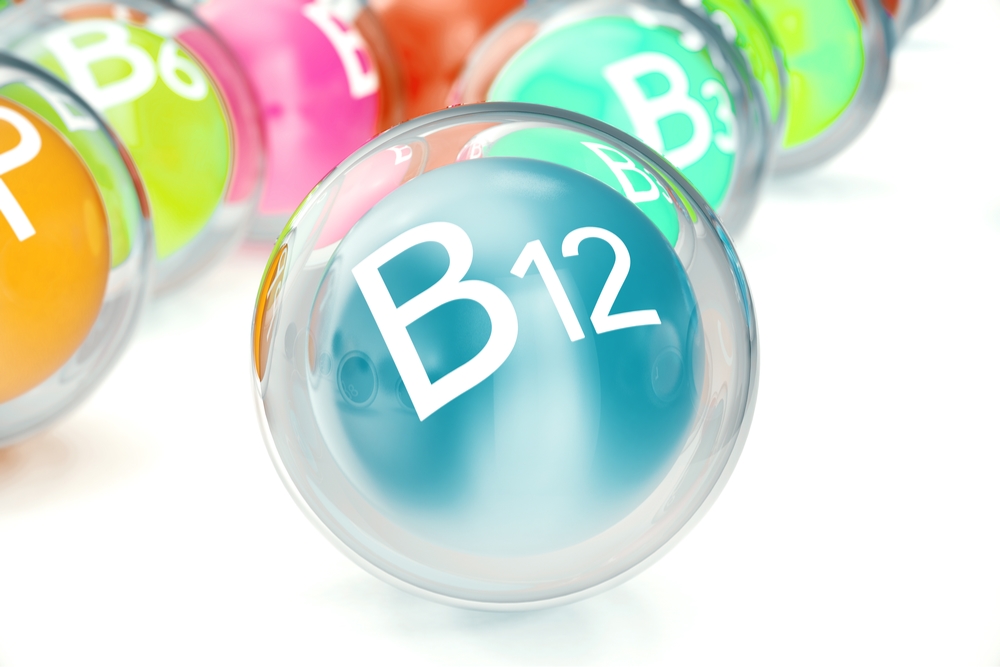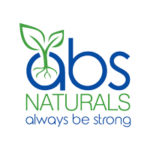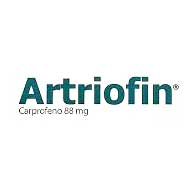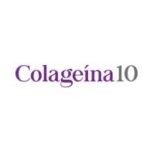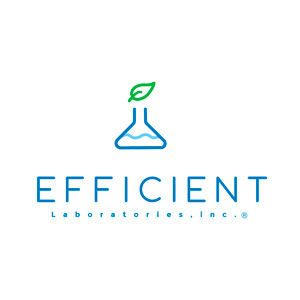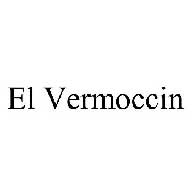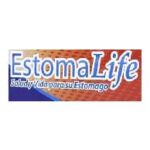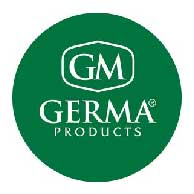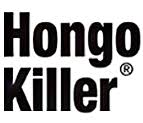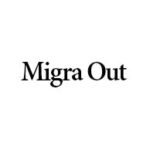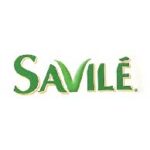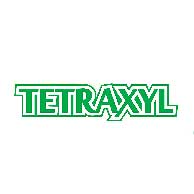B12 deficiency is a widespread concern that can have significant impacts on our health and well-being. In this blog post, we will delve into the crucial topic of B12 deficiency, exploring its symptoms, causes, and effective prevention strategies. By understanding the importance of maintaining adequate B12 levels and making informed choices regarding supplementation and diet, you can safeguard your health and vitality.
Recognizing the symptoms of B12 deficiency is the first step in addressing the issue. Common signs include fatigue, weakness, pale skin, dizziness, and shortness of breath. Individuals may also experience neurological symptoms like tingling or numbness in the hands and feet, difficulty walking, and memory problems. If left untreated, B12 deficiency can lead to severe complications, including anemia and irreversible nerve damage.
Understanding the causes of B12 deficiency is essential for proactive prevention. One primary factor is inadequate dietary intake of B12-rich foods, particularly for individuals following strict vegetarian or vegan diets. Animal-based products like meat, fish, eggs, and dairy are the main sources of naturally occurring B12. Thus, those who exclude or limit these foods are at a higher risk.
Another cause of B12 deficiency is impaired absorption. Certain medical conditions, such as pernicious anemia or gastrointestinal disorders like Crohn’s disease, can hinder the absorption of B12 from food. Additionally, certain medications, including proton pump inhibitors and metformin, may interfere with B12 absorption.
Maintaining adequate B12 levels is crucial for overall health and vitality. Here are some effective strategies to prevent B12 deficiency:
- Balanced Diet: Incorporate B12-rich foods into your diet, including lean meats, fish, eggs, dairy products, and fortified cereals. For individuals following a plant-based diet, consider consuming B12-fortified foods or supplements specifically designed for vegans and vegetarians.
- B12 Complex Supplements: B12 complex supplements, which combine multiple B vitamins, can be an excellent option to ensure optimal B12 levels. Look for high-quality supplements containing methylcobalamin or cyanocobalamin, the two most bioavailable forms of B12.
- Regular Screening: Routine blood tests can help identify B12 deficiency in its early stages. If you suspect you may be at risk or experience symptoms associated with B12 deficiency, consult your healthcare professional for proper screening and diagnosis.
- Consult with Experts: If you have specific dietary restrictions or medical conditions that may impact B12 absorption, consult with a registered dietitian or healthcare provider. They can provide personalized guidance on B12 supplementation and dietary adjustments tailored to your needs.
B12 deficiency is a serious health concern with wide-ranging implications. By understanding the symptoms, causes, and effective prevention strategies, you can take proactive steps to maintain optimal B12 levels. Remember to prioritize a balanced diet, consider B12 complex supplements, and consult with healthcare professionals when needed. By doing so, you will safeguard your health, well-being, and vitality.
